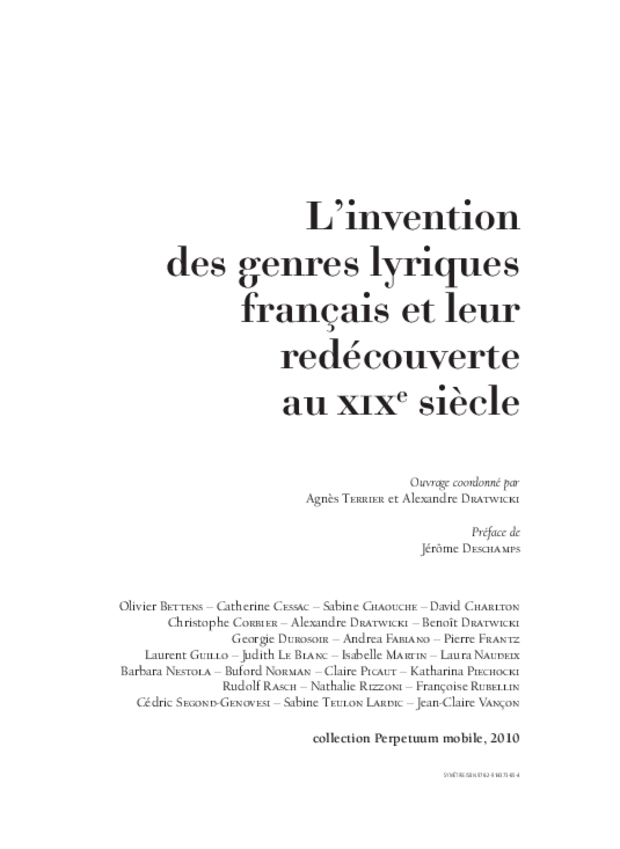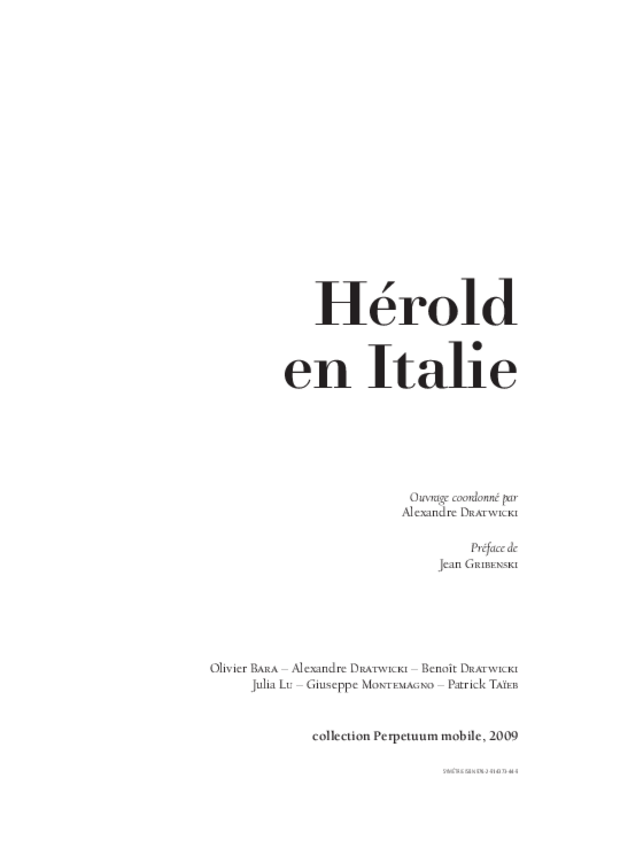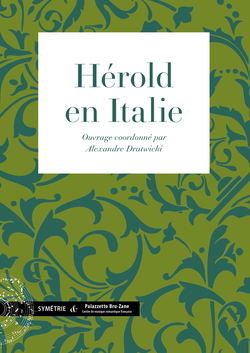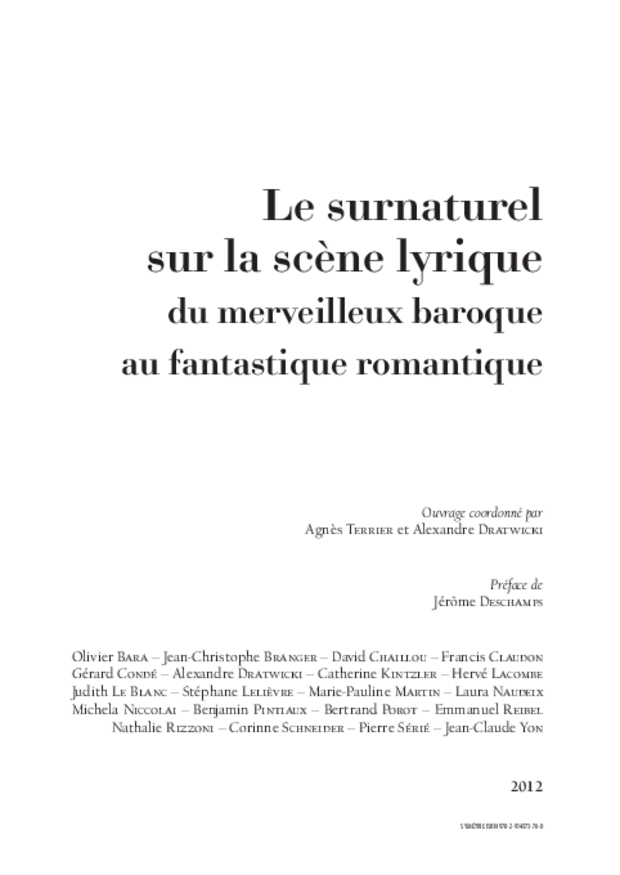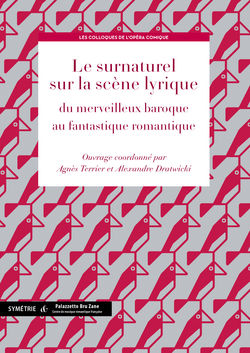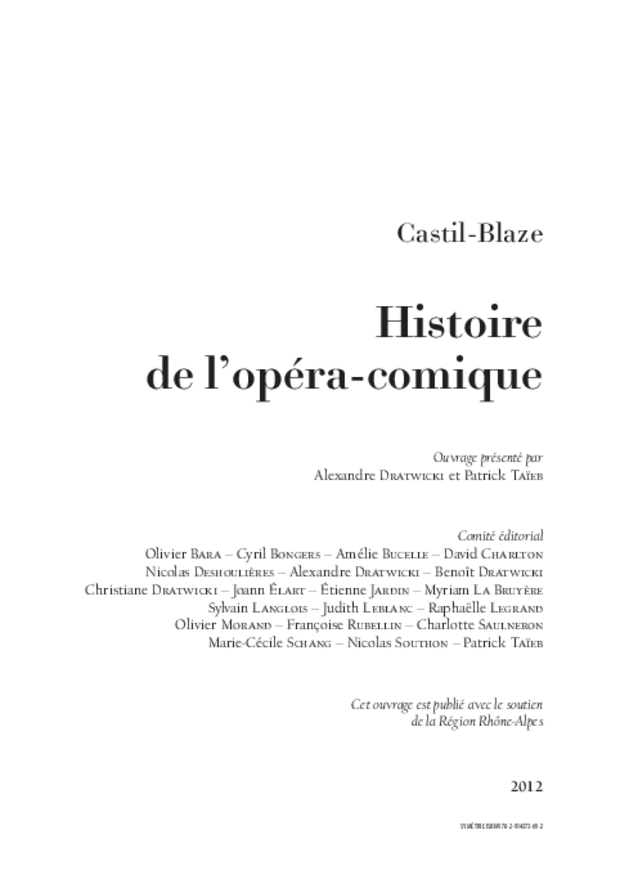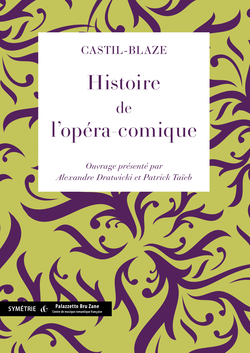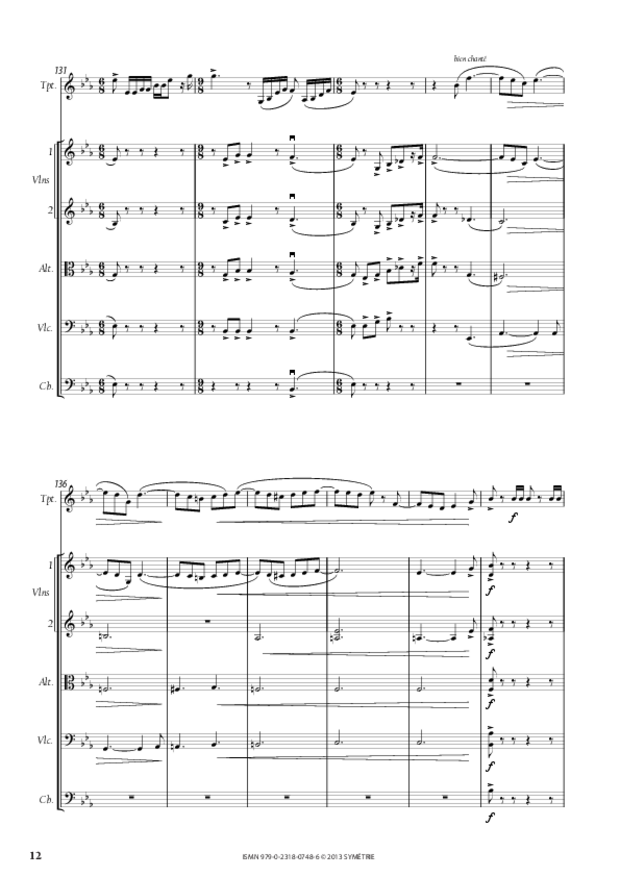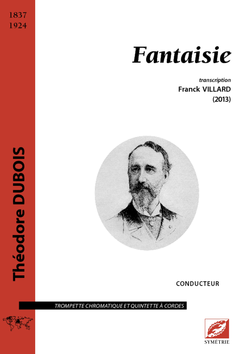On his 75th birthday in 1912, Théodore Dubois (1837-1924) began writing a diary which he kept almost until the end of his life. The first pages recount the quiet daily life of a musician adored by the official circles but whose artistic fame was waning; a “romantic” composer soon overwhelmed by the backwash of the testing modernities of Ravel, Stravinsky or Milhaud. With the outbreak of the First World War, this diary takes a completely different turn. Punctuated by news from the front (distorted according to the prism of a propaganda press) as well as by personal and material concerns, Dubois’ text now delivers the attentive and worried view of its author on a conflict of unprecedented proportions and stakes. Throughout the pages, the composer also bears witness to the practices, institutions and musical sociability that were born and organised with the Great War. A hero of a bygone era, the composer of the Paradis perdu analyses post-war events (up to 1923) from the same perspective: lucid, disillusioned and often backward-looking.
Table of contents
- Préface. « J’assiste à ma mort de mon vivant ! » || 1 || Alexandre Dratwicki
- Introduction. Journal d’un musicien « en guerre » : Théodore Dubois, août 1914 – novembre 1918 || 11 || Charlotte Segond-Genovesi
- Journal || 25
- Appendice. Quelques souvenirs anecdotiques et autres au hasard de la mémoire || 327
- Index des personnes || 339
- Index des œuvres de Dubois || 349
- Index des œuvres || 353
